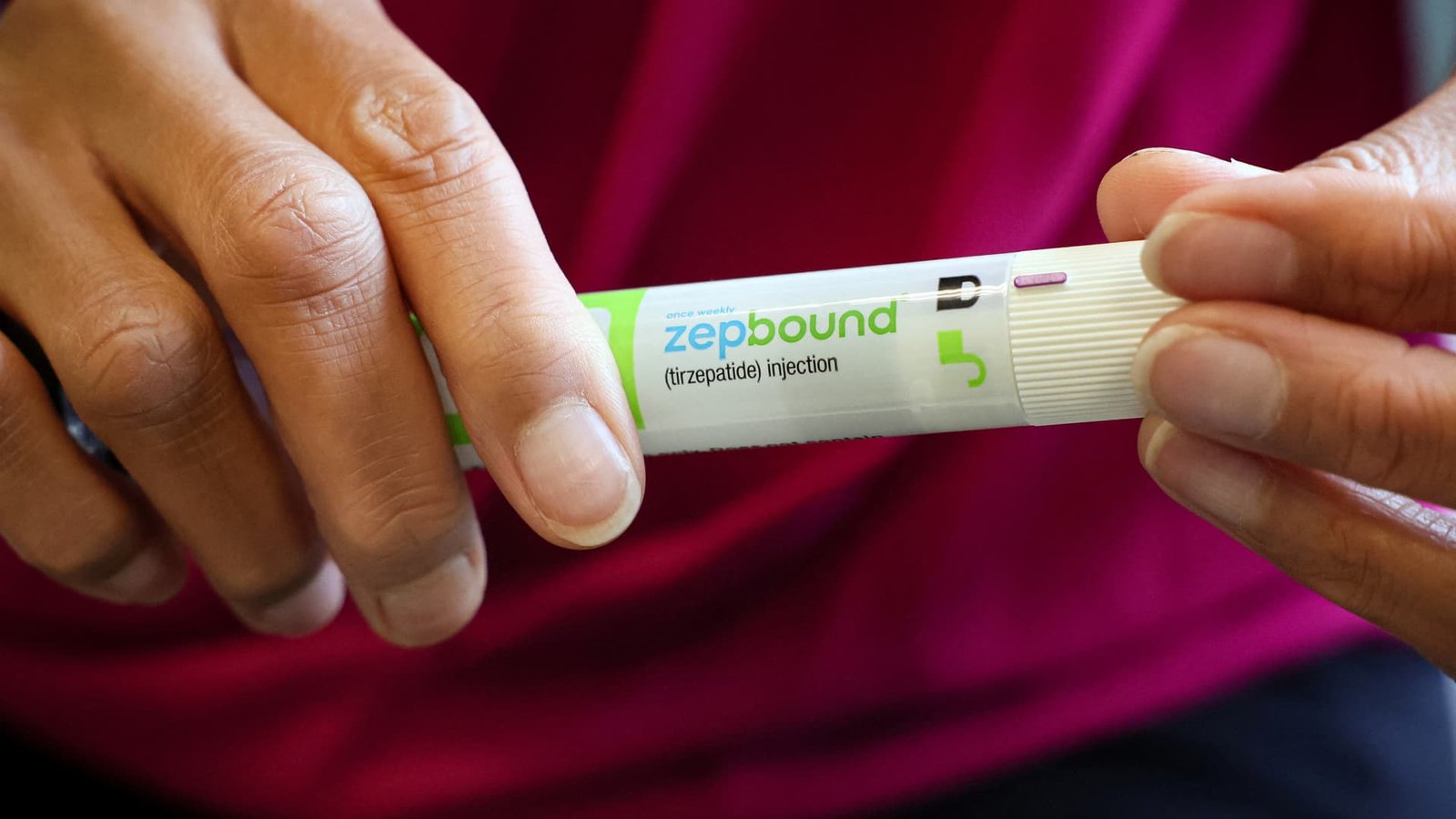In this article, Amgen announced on Tuesday that its experimental weight loss injection showed promising results in a critical mid-stage trial. The drug, MariTide, helped patients with obesity lose an average of up to 20% of their weight after a year. Additionally, patients with obesity and Type 2 diabetes lost up to 17% of their weight. The trial indicated the potential for further weight loss beyond 52 weeks without observing a plateau in either group of patients. MariTide was administered monthly or even less frequently, providing a potential advantage over existing weekly injections.
Despite the positive results, Amgen’s shares fell about 5% as they were below Wall Street’s high expectations for the drug. Analysts had hoped for weight loss of at least 20% in the phase two trial. The trial results were eagerly awaited as they compared Amgen’s drug to weight loss injections from Novo Nordisk and Eli Lilly, as well as other treatments in development by various drugmakers.
Amgen’s CEO, Robert Bradway, expressed confidence in MariTide’s unique profile based on the trial data. The company plans to use the results to design a late-stage study for the treatment, which is already in advanced planning stages. Amgen aims to position MariTide as a competitive option in the weight loss drug market, which analysts predict could reach $150 billion annually by the early 2030s.
MariTide’s novel approach to weight loss involves a peptide antibody conjugate that activates receptors of a gut hormone called GLP-1 while blocking receptors of another hormone called GIP. This differs from existing drugs like Eli Lilly’s Zepbound and Novo Nordisk’s Wegovy, which target different hormone receptors. Amgen highlighted the potential for MariTide to offer quicker weight loss, better weight maintenance, and fewer injections compared to current options.
The trial data showed that patients who received the highest dose of MariTide every other month achieved comparable weight loss to those receiving monthly doses, suggesting the possibility of less frequent dosing. Amgen also noted that dose escalation improved the rates of adverse side effects in the trial. The company is now focusing on the second part of the trial to assess the durability of MariTide’s weight loss and explore even less frequent dosing regimens.
The trial involved 592 patients across different groups testing various regimens and dosing levels of MariTide. The second part of the trial will evaluate the sustainability of weight loss and potential for progressive weight loss after the initial year on MariTide. Amgen aims to understand how quickly patients rebound when they stop taking the drug. The company has not disclosed when data from the second part of the trial will be released.




